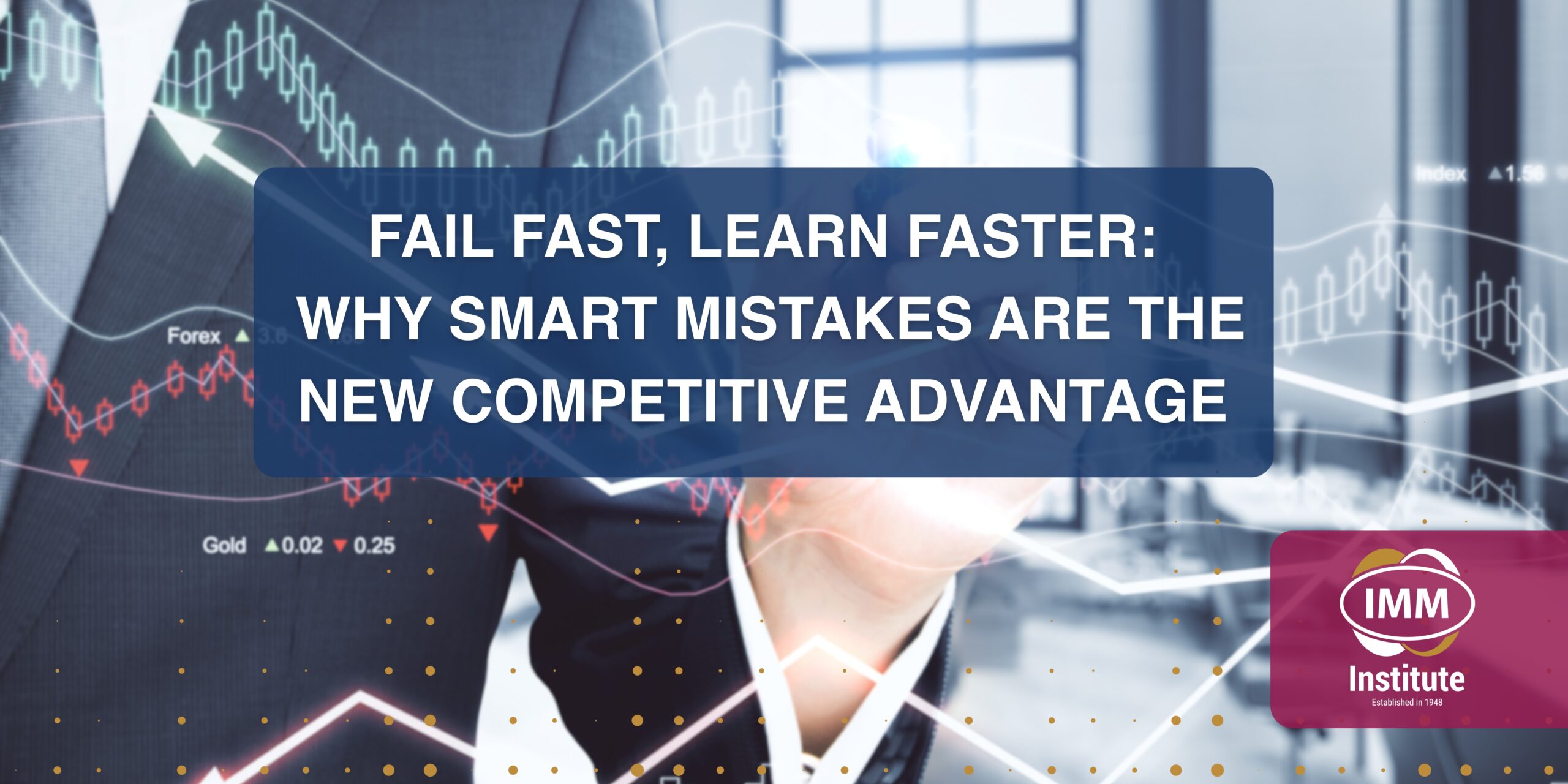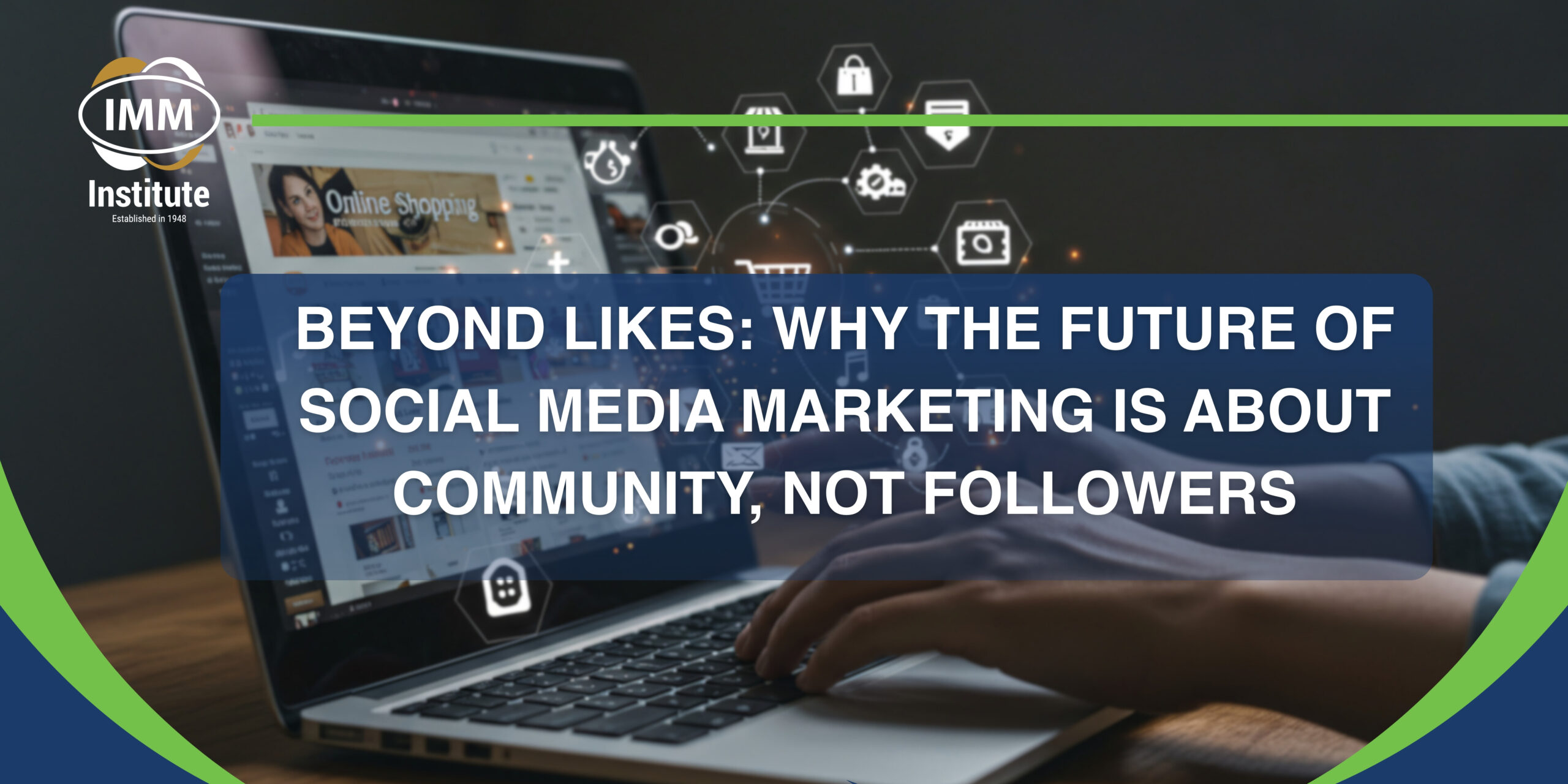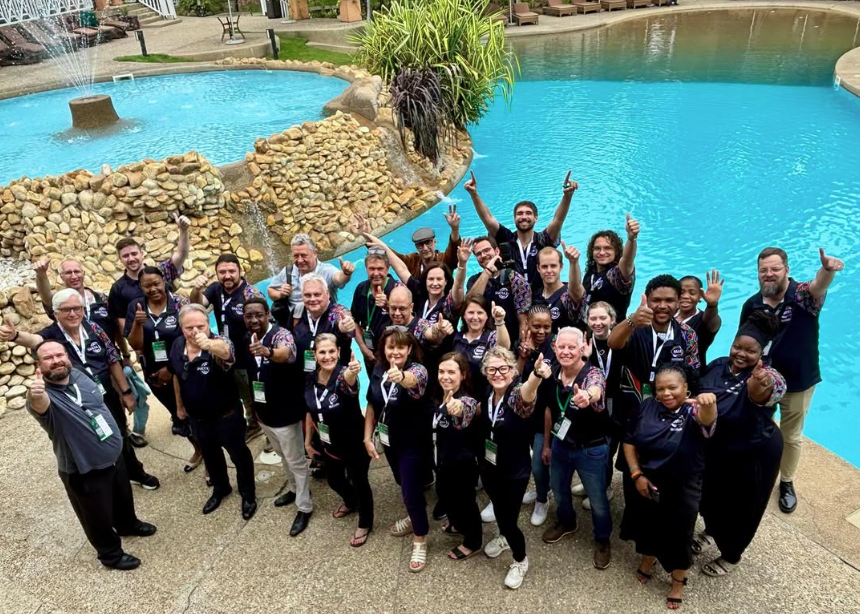
Quiet leadership: Why soft power is the key to strong teams in hybrid work environments
Leadership styles are changing as corner offices with great city views have ceased to exist, and watercooler chats have been replaced by Slack threads. The age-old notion of a charismatic, loud leader is withering away in favour of quieter leadership styles that emphasise emotional intelligence, empathy, and influence, rather than authority. Hybrid work settings, with physical distance important to consider, require the creation of trust instead of control. The result? Quiet leadership is no longer a soft skill: it’s a strategic advantage.

What is quiet leadership?
Quiet leadership is based on the concept of “soft power”: using persuasion, emotional understanding, and mutual respect to mould outcomes instead of rigid hierarchy or sheer force. Passive silence mandates active listening, careful responding, and setting examples.
Emotional intelligence: The new cornerstone
Quiet leadership has emotional intelligence at its core. High emotional intelligence leaders are not only conscious of their own emotional states but are also passionately aware of the emotional states of their team members. They will ascertain if someone is overburdened, distracted, or in need of help, even before it is articulated. Truly caring-oriented leaders check in a few times for real, giving rise to psychological safety where team members are seen, appreciated, and supported.

Influence over authority
Quiet leaders don’t lead with titles; they lead with trust. In remote workspaces, micromanagement simply doesn’t work. Offering a little bit of autonomy and accountability to employees is a no-brainer, so a shift from the command-and-control mentality towards one of guidance and support is necessary. In this manner, quiet leaders provide a culture of cooperation and ownership with which to empower teams when they take the initiative in solving problems. Following this trajectory boosts engagement and propels innovation, especially when speed and agility are at a premium.
Empathetic decision-making
Empathy is not merely being kind to others but understanding the situation and the particular context surrounding it. Introverted leaders use empathy as one piece of data in the decision-making process. The following questions are asked: How will this affect my team? What extra support can I provide to help them succeed? How can I describe the change in a manner that encourages people, as opposed to discouraging them?
That is not to say that they will shy away from hard decisions. Quite the opposite: hard decisions must be made with human consideration. Empathetic leaders can walk the tightrope between corporate goals and the wellbeing of their employees by ensuring that there is flexibility that goes hand in hand with performance expectations. This flexibility seems particularly important in cases where team members might require it to deal with personal and professional challenges that come up in hybrid working arrangements.

The future of leadership is human
As organisations across industries continue to embrace hybrid models, leadership must follow suit. The leaders who will thrive are not necessarily the loudest in the room, but the most attuned. They build trust through consistency, foster connection through empathy, and inspire action through integrity.

Conclusion
Quiet leadership isn’t about shrinking into the background; it’s about stepping forward with empathy, clarity, and calm authority. In an era defined by rapid change and digital communication, soft power is the true driver of strong, resilient teams. For leaders navigating the hybrid landscape, listening more, understanding deeper, and leading with emotional intelligence may just be the loudest impact they’ll ever make.
About the IMM Institute
The IMM Institute equips marketing, business, and leadership professionals with the latest insights, tools, and learning opportunities to thrive in today’s evolving landscape. With a wide range of online short courses, workshops, and events, the IMM Institute helps individuals sharpen their skills and stay ahead of emerging trends across marketing, brand management, and strategic leadership.















